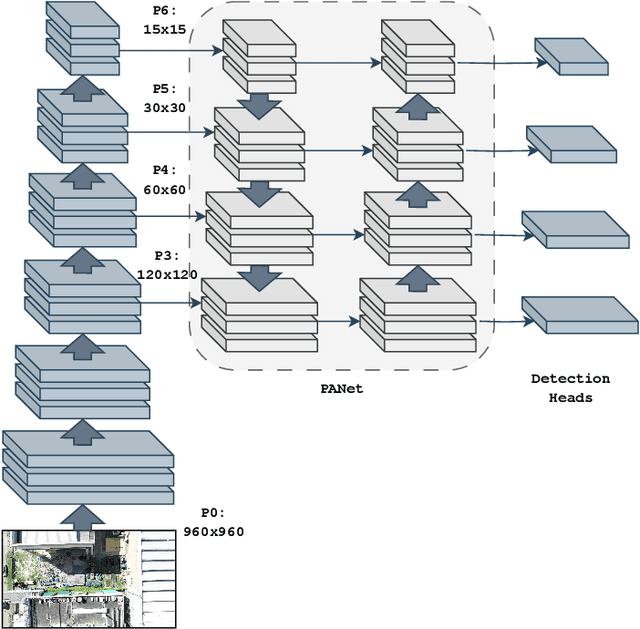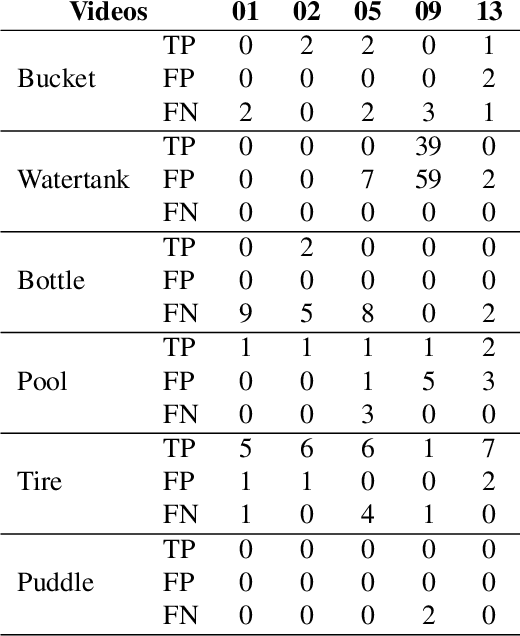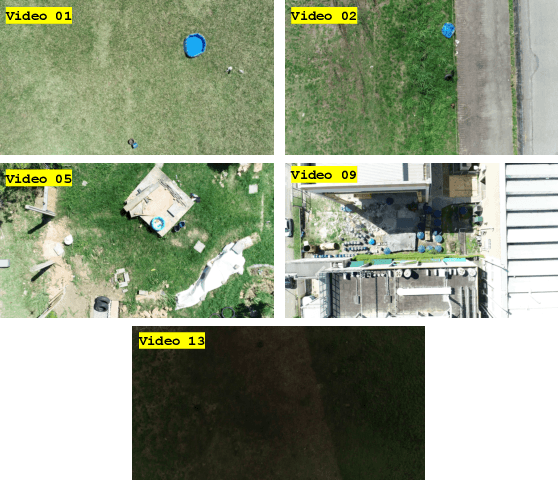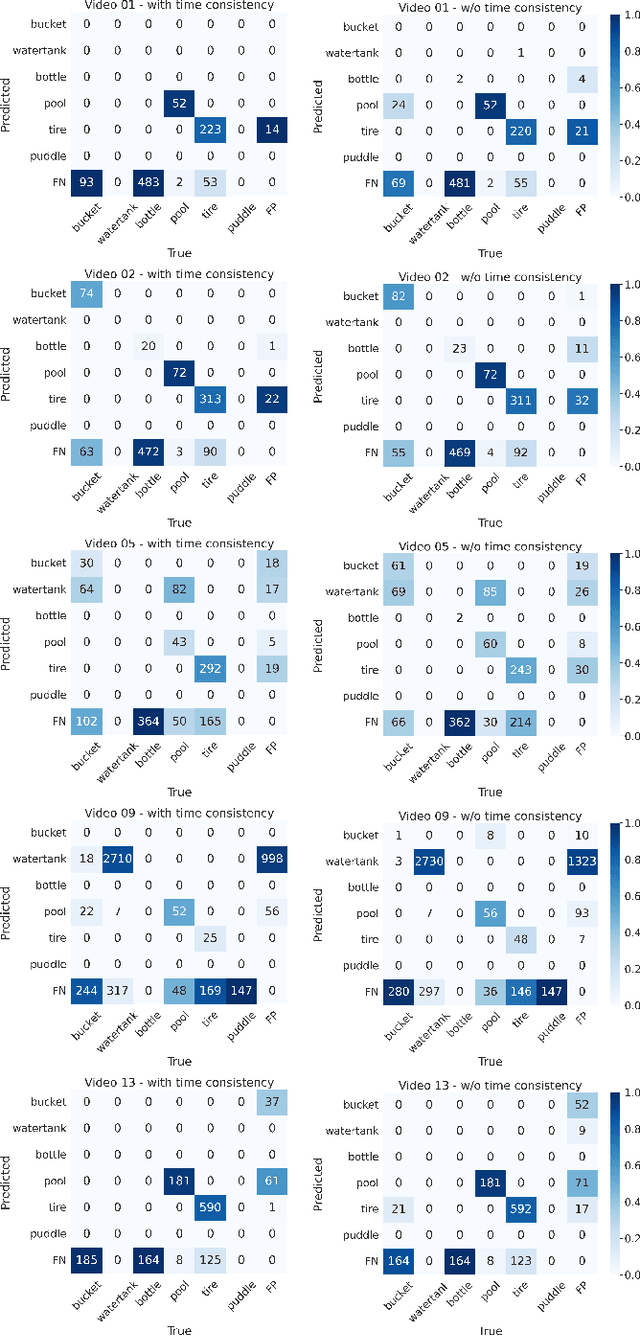YOLOv7 for Mosquito Breeding Grounds Detection and Tracking
Paper and Code
Oct 16, 2023



With the looming threat of climate change, neglected tropical diseases such as dengue, zika, and chikungunya have the potential to become an even greater global concern. Remote sensing technologies can aid in controlling the spread of Aedes Aegypti, the transmission vector of such diseases, by automating the detection and mapping of mosquito breeding sites, such that local entities can properly intervene. In this work, we leverage YOLOv7, a state-of-the-art and computationally efficient detection approach, to localize and track mosquito foci in videos captured by unmanned aerial vehicles. We experiment on a dataset released to the public as part of the ICIP 2023 grand challenge entitled Automatic Detection of Mosquito Breeding Grounds. We show that YOLOv7 can be directly applied to detect larger foci categories such as pools, tires, and water tanks and that a cheap and straightforward aggregation of frame-by-frame detection can incorporate time consistency into the tracking process.
 Add to Chrome
Add to Chrome Add to Firefox
Add to Firefox Add to Edge
Add to Edge